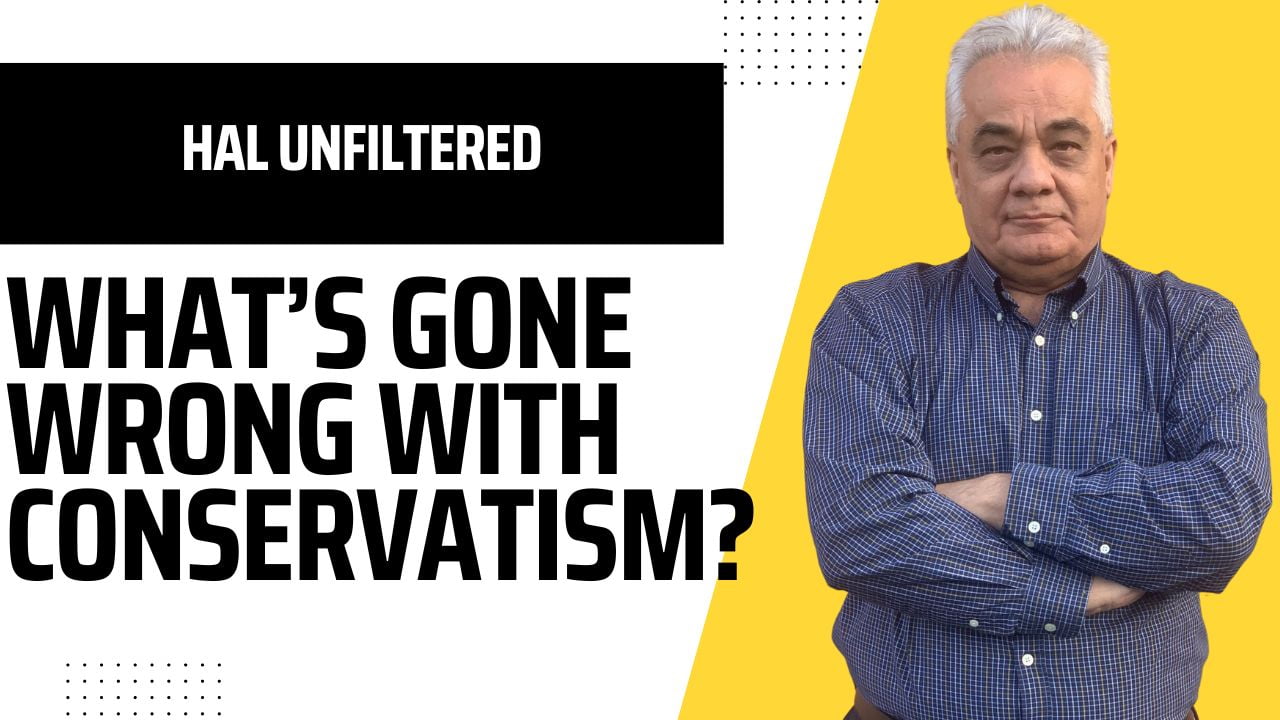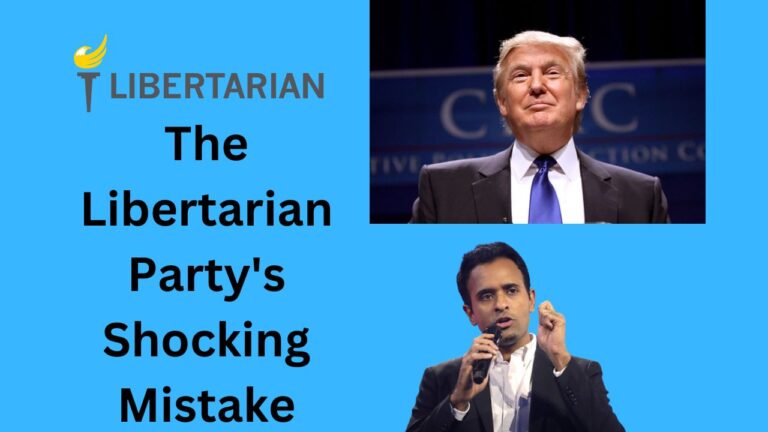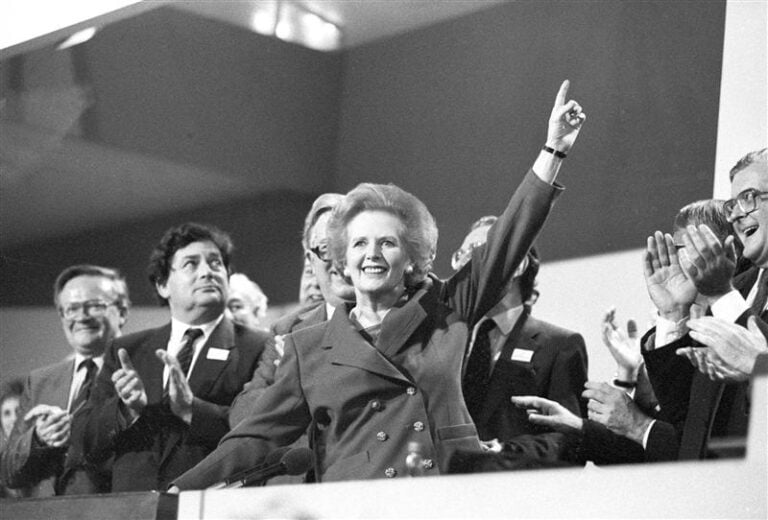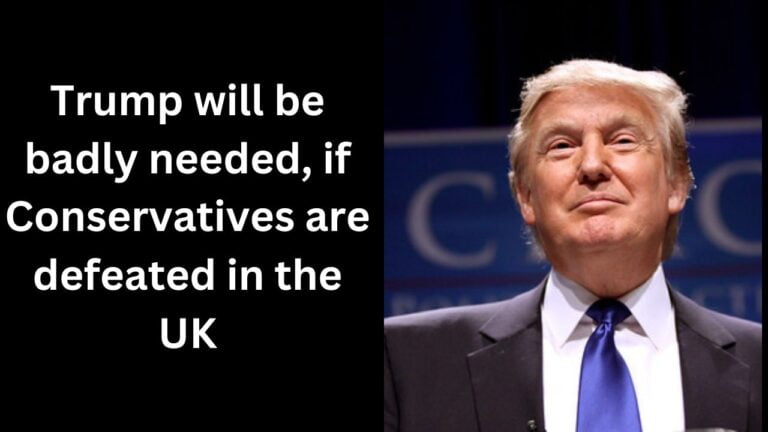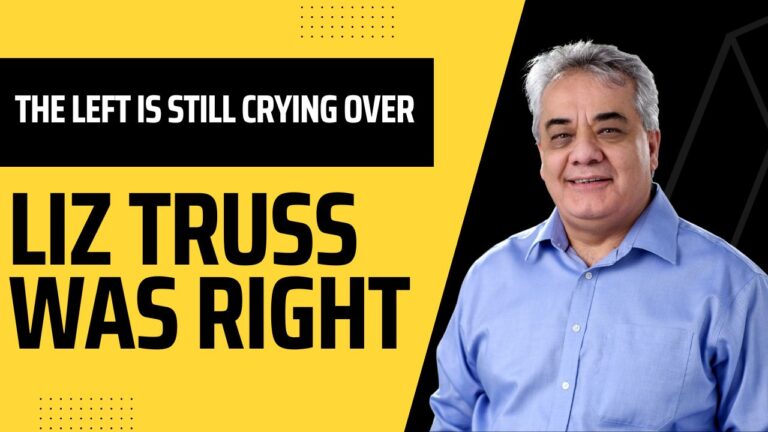What’s gone wrong with Conservatism in the UK?
What has become of Conservatism? Or, what has gone wrong with Conservatism?
These questions are universally applicable, especially for English-speaking countries including the USA, Canada, New Zealand, and Australia.
While Canada seems to have a promising new conservative leader to challenge Trudeau’s position, the USA is awaiting Trump’s return. New Zealand has ousted that horrible Labour Prime Minister, and hopefully, Australians will be able to replace their current woke government with Conservatives.
We will examine the political landscape of each country, but let’s begin today by addressing the state of Conservatism in the UK.
Firstly, let’s review the leaders of the Conservative Party since 2010 and assess their accomplishments over the past 14 years.
So, let me start with this: I become concerned when I hear any conservative leader or MP use any of these words when constructing their sentences: Modernization; pragmatism; libertarian extremist right, net zero, or right-wing.
Let’s recall, that Cameron, May, and Johnson, all harbored ambitions of leaving a lasting legacy. None of them were successful, except for Cameron who initiated the Brexit vote and supported the losing side. May failed to inspire, and Boris, despite granting Conservatives an 80-seat majority in Parliament, shifted towards liberalism upon taking office, disappointing those who expected staunch Conservatism from him.
However, all three had flawed visions. They sought to reinvent Conservative principles but lacked the necessary character and stamina for such endeavors, especially as their visions often included hints of socialism.
“Modernization” was no longer used solely for the Conservative Party but for society as a whole. Cameron envisioned a “big society” rooted in half-baked social democratic ideals that failed to grasp community empowerment.
May, distancing herself from Cameron’s vision, transformed it into what they called “civil society.” with the help of her advisor, Nick Timothy who was a disaster for May,
Both PM’s established what I refer to as an enormous Charity Welfare system in the UK, supported by both central and local governments. Conservative governments began allocating substantial sums to charities which contradicted conservative policies. We will dig into this charity welfare more in the future.
Enter Boris Johnson, a charismatic figure who talks the talk but doesn’t walk the walk. As he walked into no 10, In his first budget announcement, he proposed staggering government spending of 300 billion and, as PM, created one of the largest quangos ever replacing the Environment Agency and announcing all-mandatory net zero policies. I couldn’t help but think this resembled the start of a Labour government.
Later, he even praised President Roosevelt’s New Deal and expressed intentions to follow suit, prompting him to clarify his position that he was not a communist. He was not a communist, but it still left one wondering if Johnson had become a social democrat.
His vision of “Levelling Up” is kind of like civil and big society initiatives, combining regional wealth redistribution with increased centralization of decision-making in Westminster. Although he dropped the word “devolution” compared to his predecessors, this Orwellian language persisted. I.e more centralization is described as devolution. This levelling up is destroying the constitution of the United Kingdom giving powers to single individuals like Mayors but combining it with more policies being pushed centrally.
Let’s address the term “pragmatism.” If a leader or MP attempts to justify something as “pragmatic,” it likely strays from conservative principles. For instance, Mrs. May introduced the energy price cap, a state-enforced price control like in Russia that remains in place today. Similarly, Boris Johnson effectively nationalized the railways, further departing from Conservative ideology. I ask you which part of a state price control or nationalization became our philosophy.
The failure to repeal any of Tony Blair’s reforms since 2010 also reflects a lack of conservative action. He changed our society and the way we live in the judiciary, politics in the House of Lords, NHS, Doctors and Dentists.
Actions and non-actions have consequences in politics.
Conservatism has faltered because of the adoption of social democratic strategies such as “big society,” “civil society,” and “Levelling Up.” This departure from traditional conservative principles has contributed to the decline of Conservatism in the UK.
Moreover, within the Conservative Party, there is a tendency to scapegoat Thatcherism and libertarians for conservatism’s shortcomings. The relationship between the left and right Conservatives is now based on sharp divisions and incivility.
Nick Timothy, a prominent figure in left Conservatism, whom I mentioned earlier, always targeted libertarians and labeled them as extremists.
Some of these people in the Conservative Party today think Thatcher, with libertarian tendencies, was an extremist. One of the unsuccessful MP called members like me who voted for Liz Truss and Liz Truss herself as “libertarian jihadists”. If anyone needs to investigate divisiveness, we can start with the language used within the Party by these people.
William Hague praised Nick Timothy’s work and wrote in the Times and Michael Gove wrote in Nick Timothy’s substack channel both saying the same things like forget about Thatcher and old policies of her. Libertarians are dangerous. Believing yourself in other words individualism is dead, and we must not talk about the size of the state but learn how to run the state better. In other words, they believe in statist Conservatism. The left had an early start as they probably believed there would be some ideological settlement inside the Party after the election.
This raises a crucial question: Do those on the left who harbor such animosity see themselves coexist with proud so-called rightwing Conservatives like me after the election?
I already know the answer but if they said yes to this question, then a reconsideration of language and attitude toward colleagues who think differently from you is necessary and needed.
In conclusion, there are other reasons why Conservatism is in decline. Moving forward, the Conservative Party needs to reform itself and offer genuine Conservatism if it hopes to revitalize Conservatism and common sense in both the UK and the USA.
Thank you for joining me. Don’t forget to subscribe, like the video, and hit the notification bell. Your support is invaluable as we work towards revitalizing Conservatism.
